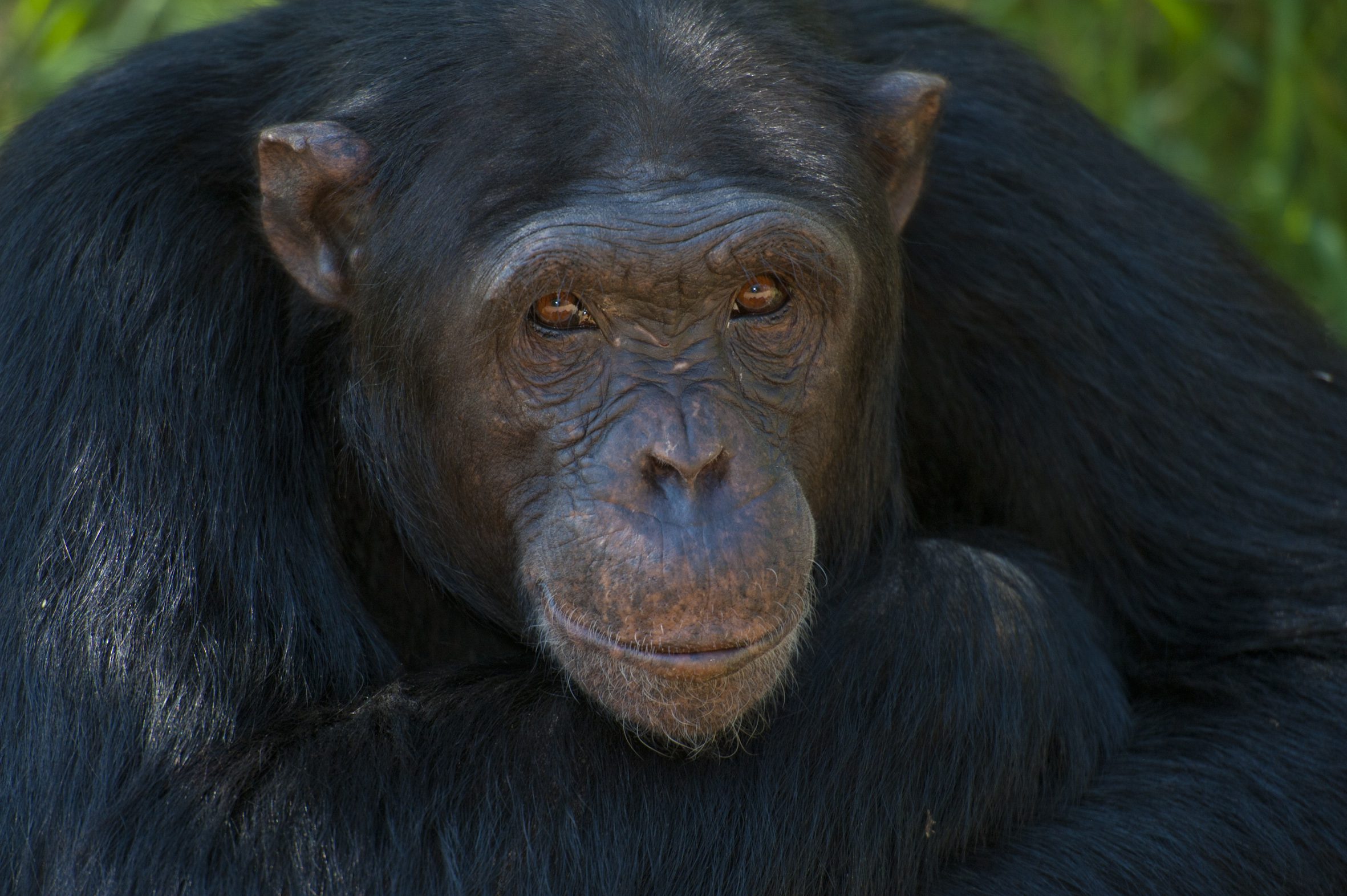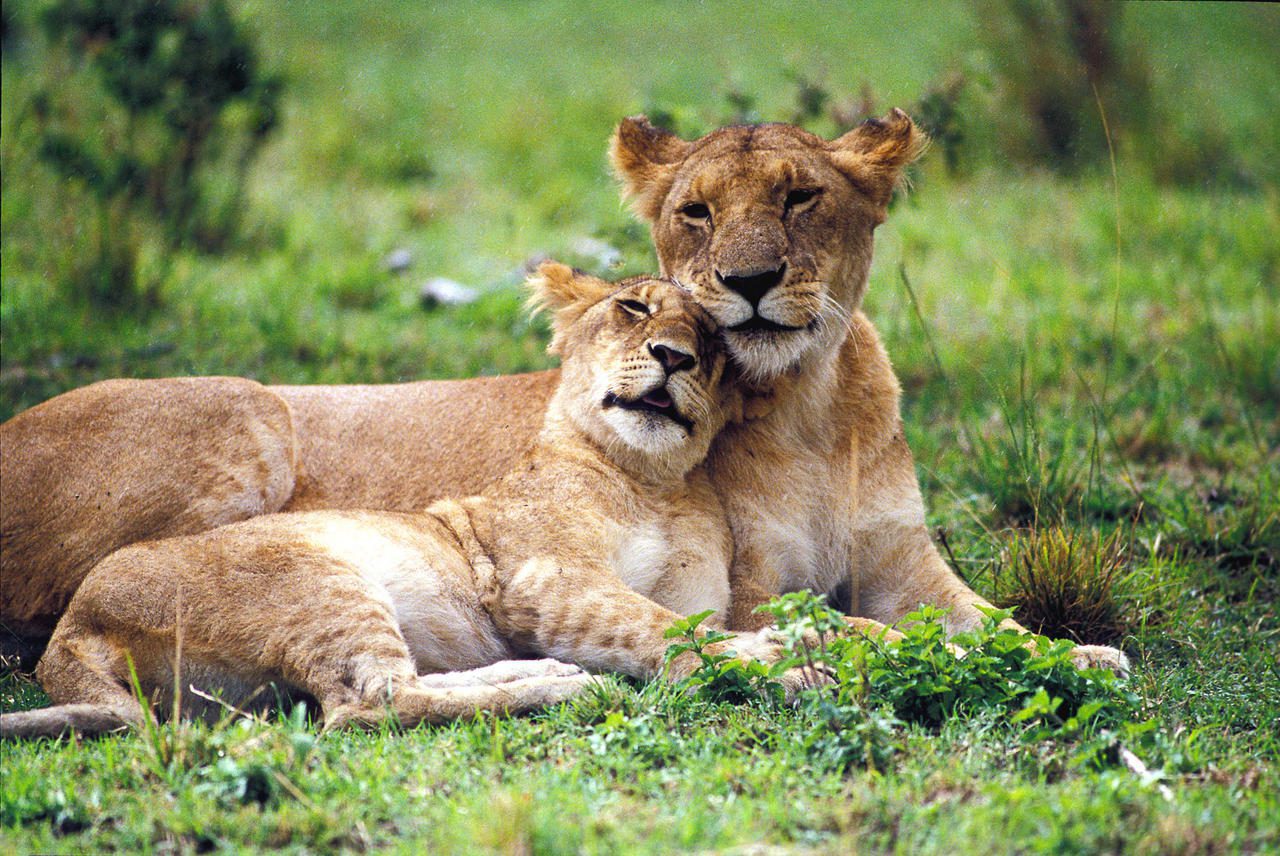
Recently, we published an article on huffingtonpost.com about the connection between ‘walking with lions’ and canned hunting in South Africa. In the article, we explain why we won’t book our clients on a walking with lions experience. And the reason is that, aside from safety issues, we have come to know that the fate of these noble beasts is much worse than we have been led to believe – those sweet baby lions have been bred to be shot.
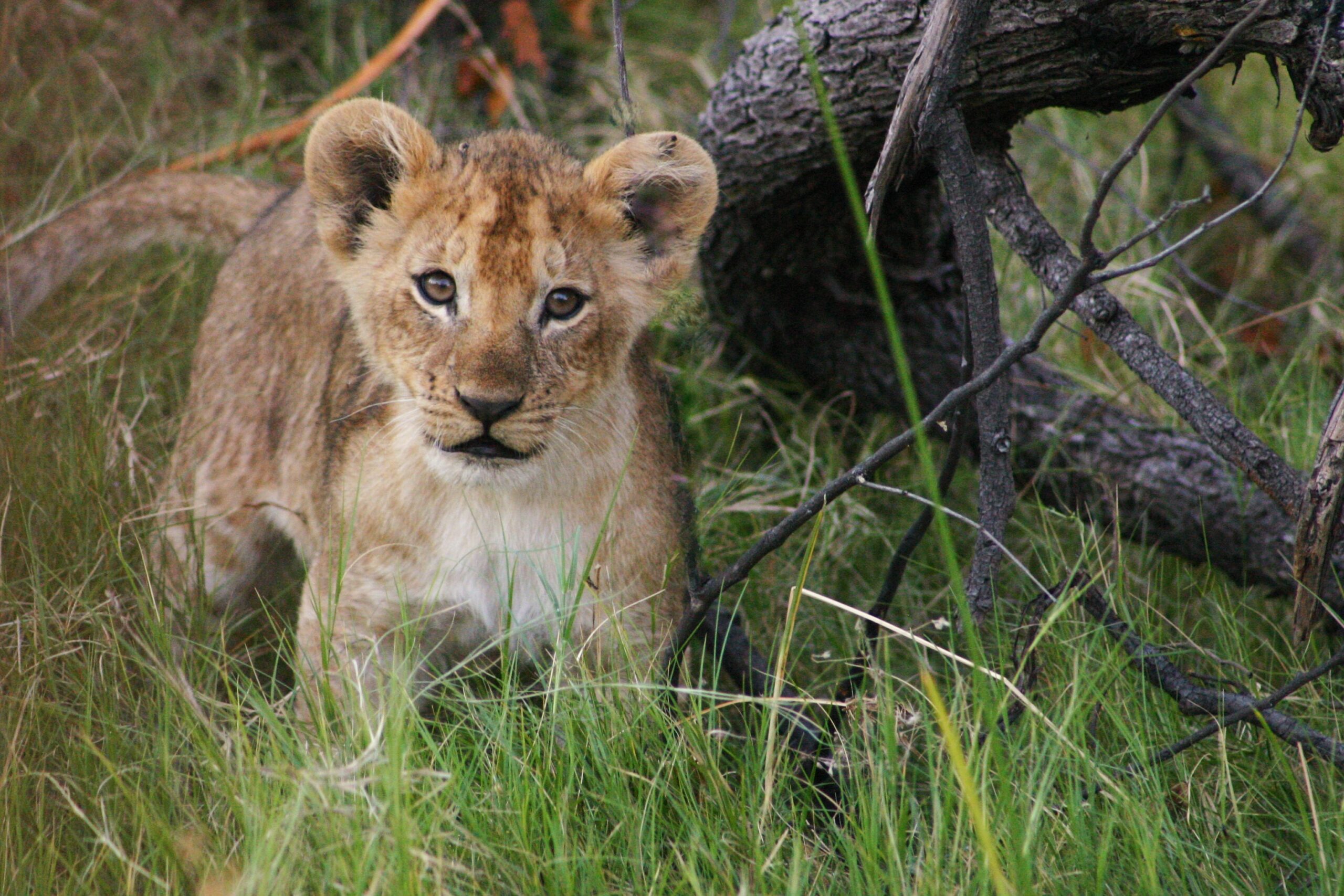
The harsh reality is that programs/activities like cub petting, volunteer recruitment and lion walking are all part of the highly profitable commercialization and brutal exploitation of captive lions, together with canned hunting, trading and the new lion bone trade.
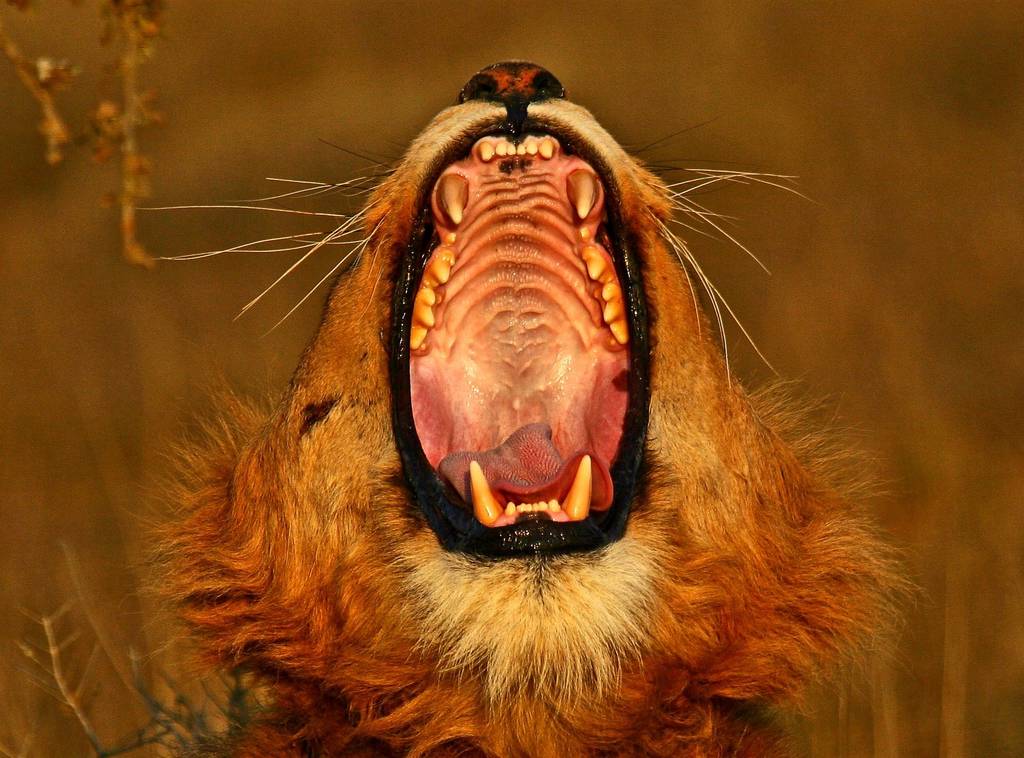
To that end, we wanted to provide suggested programs/activities to be preferred over the others.
Love cheetahs?
VOLUNTEER with the Cheetah Conservation Fund (CCF), the world’s leading organization dedicated to saving the cheetah in the wild. Founded in 1990, CCF has created a set of integrated programs aimed at addressing the principle threats to the cheetah. CCF offers a range of volunteer programs designed to provide everyone with the opportunity to save the cheetah. In addition to being a world-class research and conservation facility, CCF is open to the public every day of the year except Christmas Day. Visitors to CCF can enjoy a variety of activities and experiences.
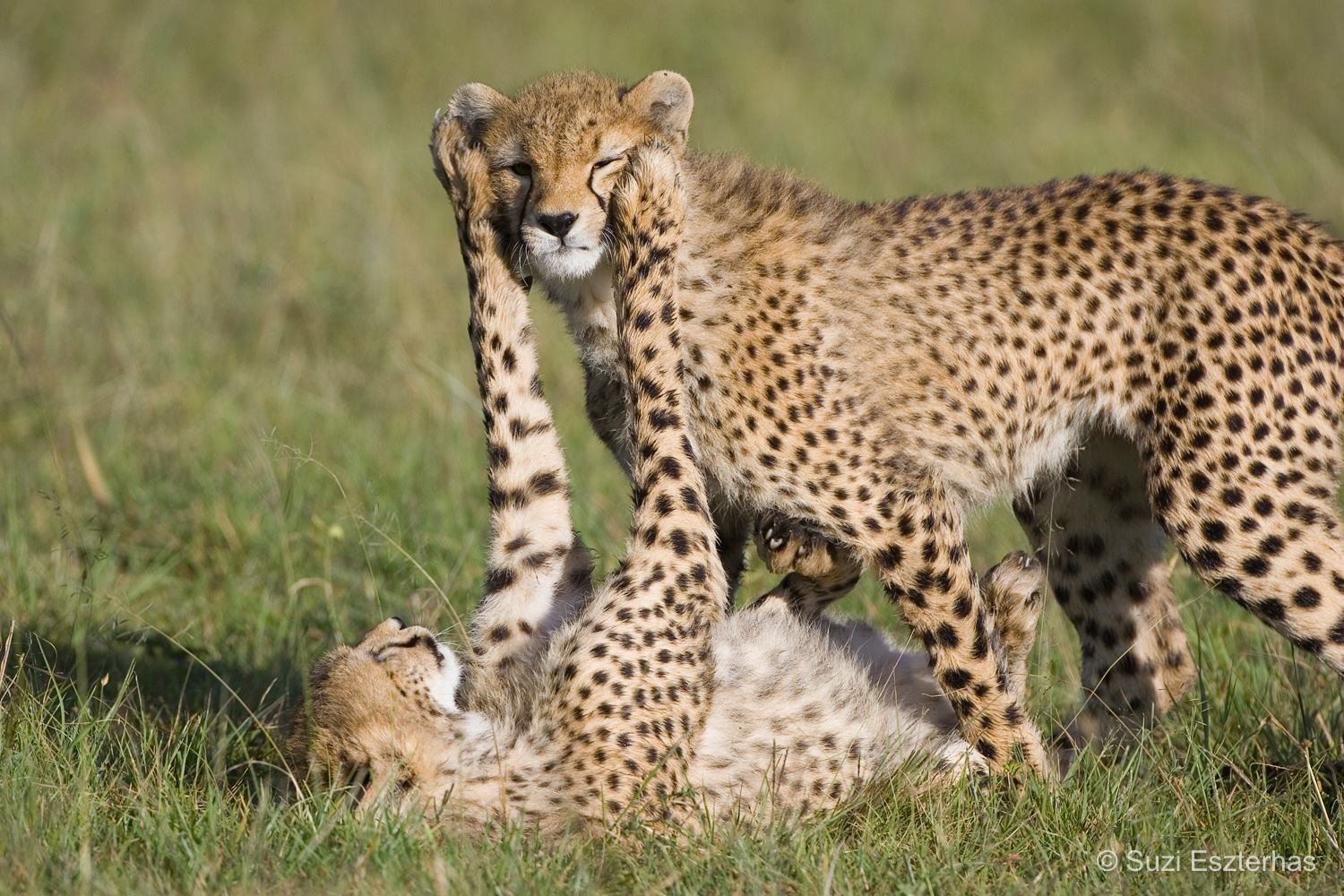
STAY at Samara Private Game Reserve, which is involved with numerous ongoing research projects – all of which are aimed at the continued conservation and rejuvenation of the land and animals in the Great Karoo basin. Cheetahs are one of the main focuses of the conservation efforts at Samara. Volunteers work on ongoing wildlife research and management projects, as well as assist with community development and environmental education programs.
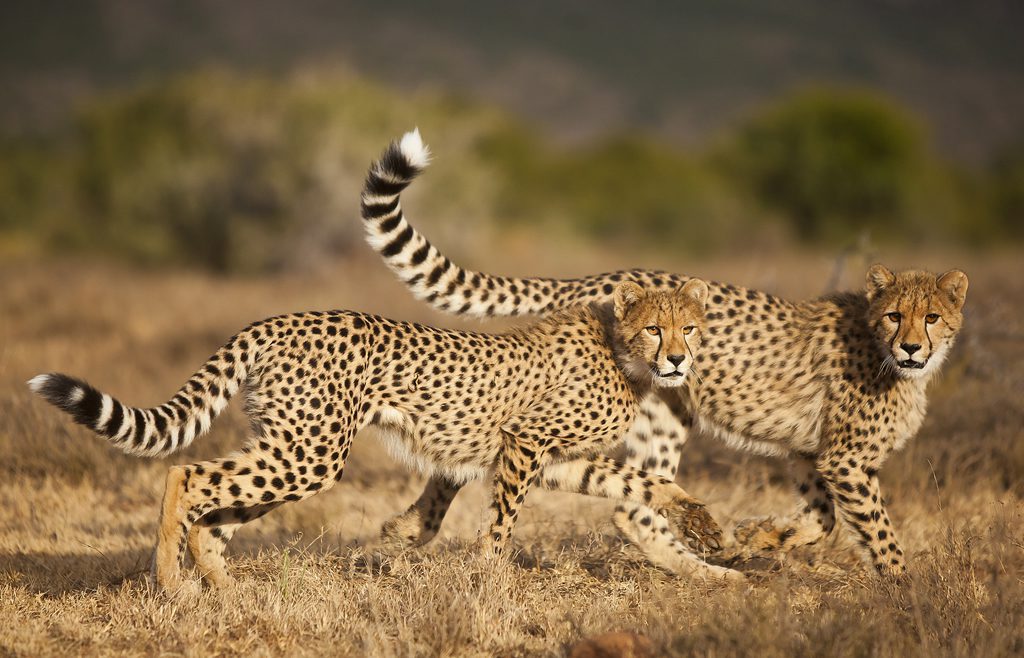
Love rhinos?
PARTICIPATE in a conservation program at Kwandwe Private Game Reserve, which offers guests the rare opportunity to help preserve endangered species on a Rhino Conservation Safari. The program provides exciting insight into Kwandwe’s black and white rhinos and their differing behavioral patterns. Guests undergo full briefings and are allocated specific roles before accompanying Angus Sholto-Douglas (MD and conversation manager) and a vet to explore the reserve to spot the rhino. Once the rhino is darted and sedated, the participants join the specialist ranger team on the ground and play their role in administering any further medication, taking measurements for scientific and medical purposes and monitoring the animal under sedation. They will also have an opportunity to drill the rhino horns in order to insert microchips and perform ear-notching procedures for future identification – both essential tasks to ensure the preservation of these magnificent animals.
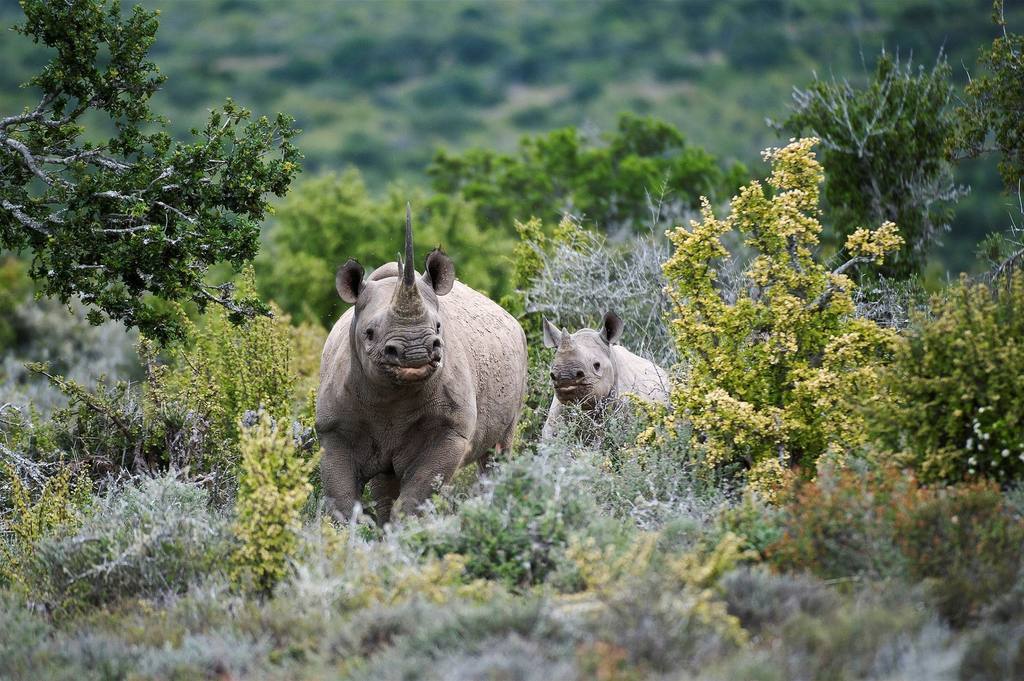
Love elephants?
FOSTER an elephant or rhino from the David Sheldrick Wildlife Trust (DSWT), the most successful orphan-elephant rescue and rehabilitation program in the world and one of the pioneering conservation organizations for wildlife and habitat protection in East Africa. At the heart of the DSWT’s conservation activities is the Orphans’ Project, which has achieved world-wide acclaim through its hugely successful elephant and rhino rescue and rehabilitation program. The Orphans’ Project exists to offer hope for the future of Kenya’s threatened elephant and rhino populations as they struggle against the threat of poaching for their ivory and horn, and the loss of habitat due to human population pressures and conflict, deforestation and drought.
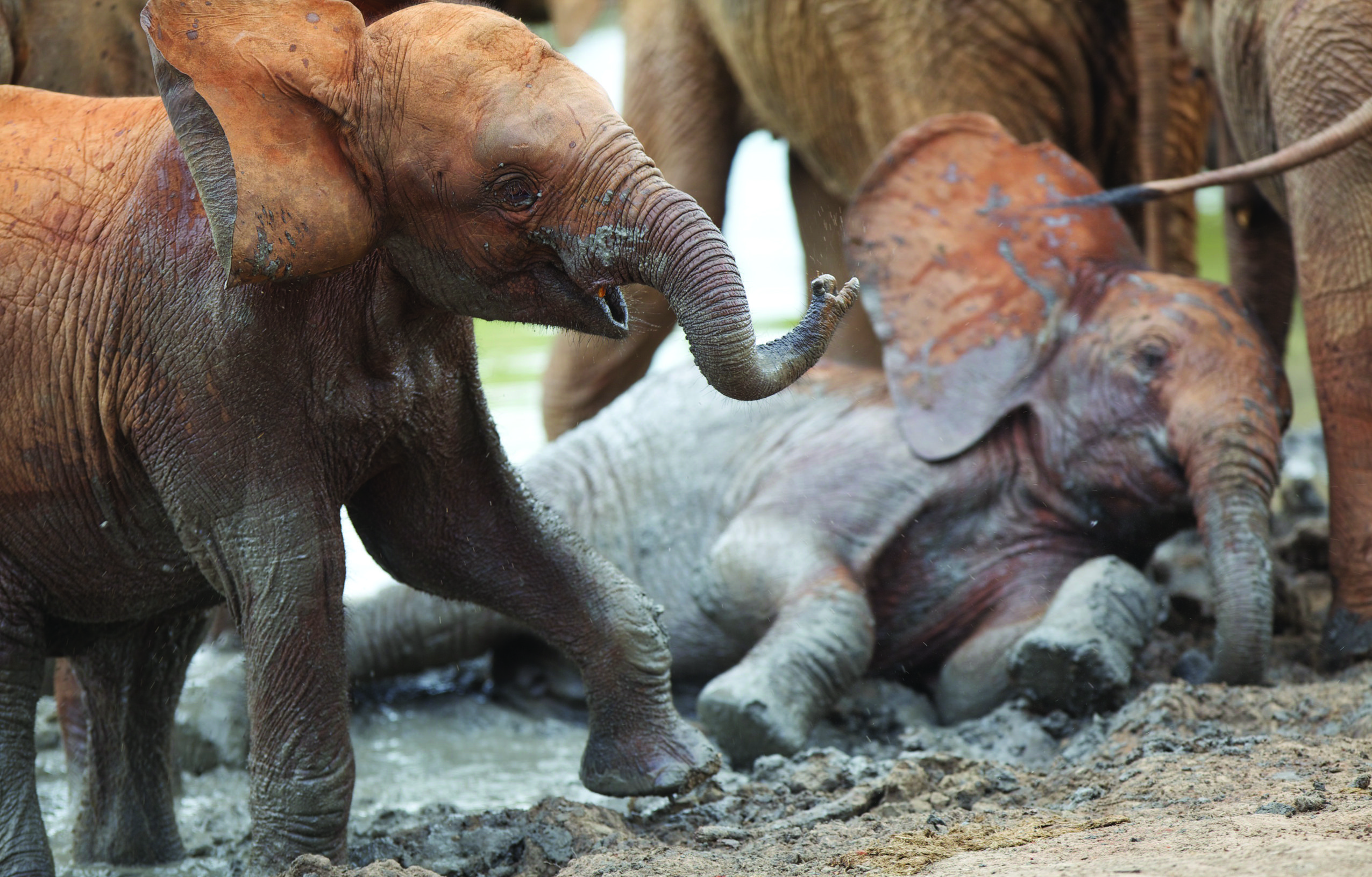
Love chimpanzees?
VISIT Sweetwaters Chimpanzee Sanctuary, which was established with an agreement between the Ol Pejeta Conservancy, the Kenya Wildlife Service (KWS) and the Jane Goodall Institute. The aim – to provide lifelong refuge to orphaned and abused chimpanzees from West and Central Africa. Over the last decade, Sweetwaters Chimpanzee Sanctuary has been compelled to keep accepting chimpanzees rescued from traumatic situations – bringing the total number of chimpanzees in the Sanctuary to 42. Many are confiscated from cramped and unnatural living conditions, and many arrive with horrific injuries sustained from abuse at the hands of humans. At Sweetwaters, they get a chance to start over.
